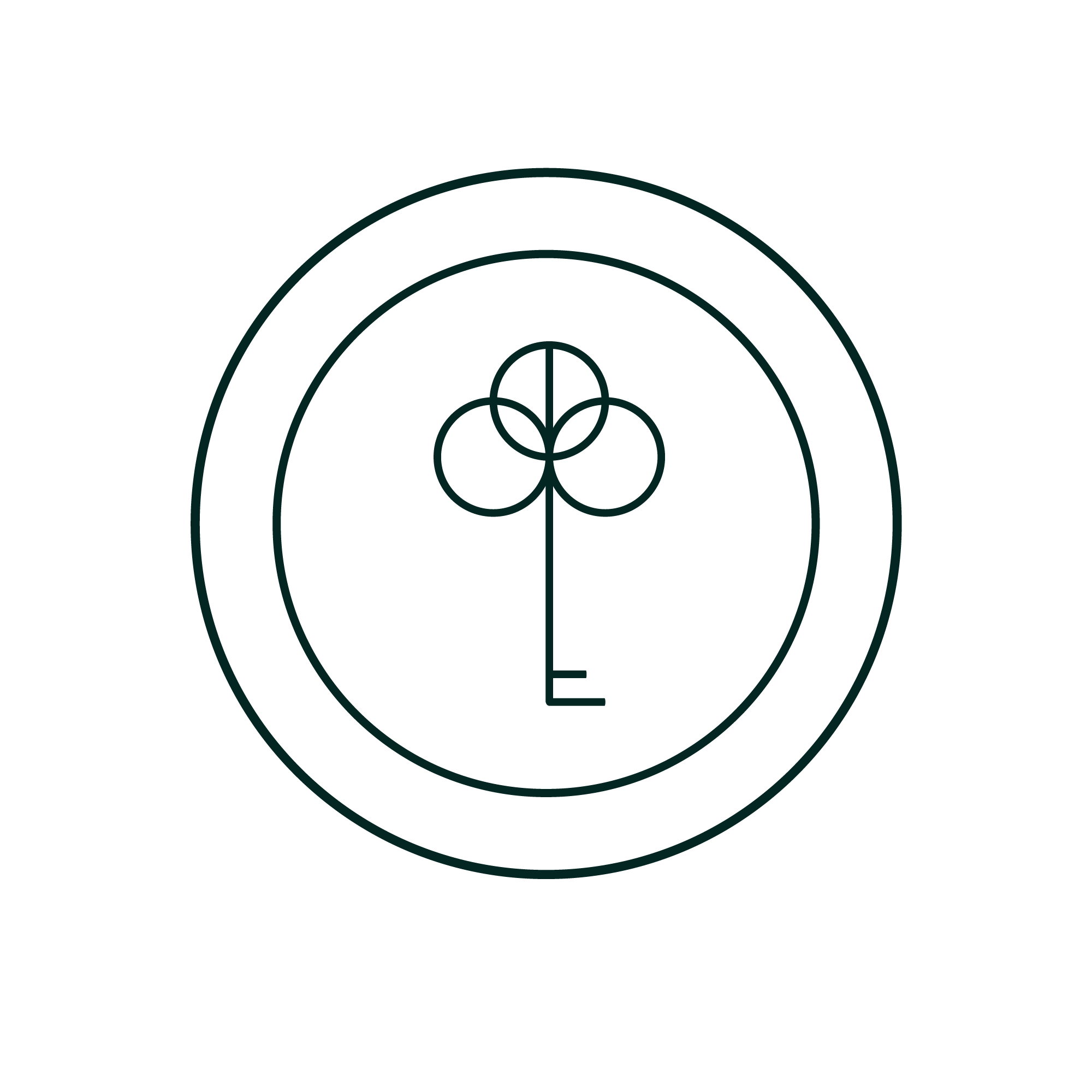Sleep Series: Creating A Sanctuary For Sleep
The bedroom should be a haven and sanctuary for sleep free from all the stressful factors of our active, waking life. Entertain the following notion for a moment before reading on to recognise the explanation:
Imagine your bedroom to be a lingering connection to the past, to a time before Edison, and before the light bulb, before our diurnal rhythms were snatched from their natural cycle. The available light would be a fire-born soft glow, flickering and dancing and conducive to sleep. You are tired from moving all day, the movement giving way to meals made from whole real food, wild meat and vegetables. There are no sugary snacks, no caffeinated drinks and you fall into a deep restful slumber, waking with the sunlight.
Fast forward to 2018 and we have an abundance of screens emitting blue light that suppresses our ability to produce the sleep-inducing hormone, melatonin. We have bright bathroom lights mimicking day light, inconsiderate neighbours, traffic outside, emails that have no respect for sleep, alarm clocks rudely awakening us, sugar wreaking havoc with our blood glucose levels, jet lag, stress from work, stress from our relationships, stress from eating foods not suitable for us, stress from our phones, stress from not having slept… The list of these sleep disruptors is exhaustive in itself.
Before we can resolve these naughty sleep destroyers, let’s take a quick look at what needs to happen to fall asleep. As you can see it is not simply the light (or lack thereof), that is necessary for sleep; there are a multitude of forces acting together that create the miracle of sleep:
We need a drop in core body temperature (of around 1 degree), we need a drop in heart rate, an increase in oxygen, an increase of the sleep hormone melatonin, and an accumulation of something called adenosine - which if you imagine a pressure building up in the body over the day, making you more and more sleepy - that is adenosine role and it can be affected (made temporarily redundant) by stimulants like caffeine.
Caffeine is not the only drug to take a hit here, alcohol is thoroughly disruptive to sleep- being more of a sedative than a sleep aid - it ensures that you do not reach the vital REM stage of sleep. Ever wondered why your brain doesn’t seem to function the following day? Alcohol also depletes your body of several nutrients that are needed in the production of sleep hormones.
Taking modern living into consideration, this really is a lot to account for. Luckily, we can affect and control these aforementioned endogenous responses with the right environment.
So what can we do? Here are some of our top tips:
Keep the bedroom a sacred place, hark back to the time of no screens, keep the bedroom to a somewhat chilly (but perfect for sleeping) 18.3 degrees,
Have a bath before bed to simulate the drop in core temperature, avoid the big bathroom light and instead create mood lighting (salt lamps are lovely for this, alternatively try the Lumie, which is also our recommended alarm clock)
Introduce a meditation practise to address stress, increase oxygen and decrease heart rate with 4,7,8 breathing
Do not bring your work into the bedroom
Keep your phone in the corridor
Avoid late night sugary snacks - if you must snack, eat something that contains protein, fibre and good fats
Avoid alcohol
Avoid coffee after lunch, dark chocolate after dinner and napping too late in the day to support your sleep pressure buildup (adenosine)
Wear ear plugs if noise affects you (wax are the best)
Introduce an aerobic exercise regime (but make sure it’s not too close to bed time as your body will struggle with the temperature drop)
Try the supplement “Neurorest” by Utmost me - it helps you to stay asleep with a combination of the right vitamins and minerals that you might be lacking
If you have any further questions, please get in touch - we would love to hear from you!
